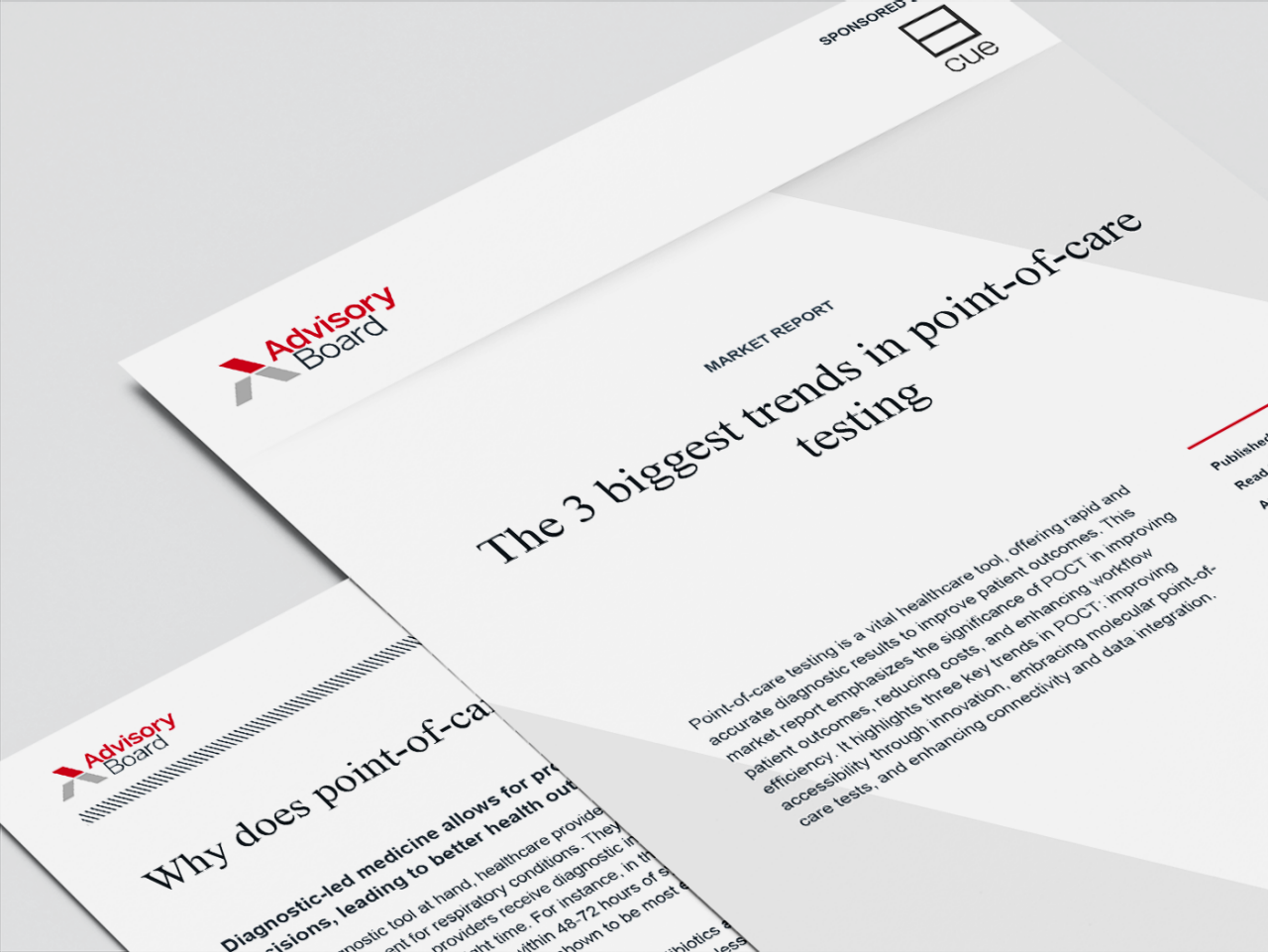In a new report from the Physicians Advocacy Institute (PAI), physicians revealed their unhappiness with employment as it relates to their reduced autonomy, greater administrative burden, its impact on patient care, and more.
How corporate ownership has impacted patient care
For the report, NORC at the University of Chicago, on the behalf of PAI, surveyed 1,000 physicians who were employed by insurers, health systems, staffing agencies, and private equity about how corporate ownership has impacted their work experience and their ability to care for patients.
Participants were surveyed between July 17 and Aug. 7, 2023. Among the participants, 90% were employed by hospitals or health systems, and 50% were from pediatrics, family medicine, and internal medicine specialties.
Overall, 58% of respondents said ownership trends reduced the quality of patient care. Only 18% to 20% of respondents said ownership changes had improved the quality of care for patients.
Some of the top negative impacts of employment identified by respondents were reduced physician autonomy on care delivery decisions (83%), increased administrative burden (75%), and an increased focus on financial incentives (72%).
Almost half (45%) of respondents also said that employment had worsened their relationships with patients while only 11% said that it had improved their patient relationships. Some of the negative impacts to patient relationships include decreased time and communication with patients (80%), deprioritized patient needs and preferences (67%), and limited patient choice and autonomy (56%).
When it came to clinical autonomy, the respondents reported complex experiences, PAI writes. Although 63% of respondents said they had high or complete autonomy over clinical decisions, they also acknowledged several areas where their autonomy had been reduced.
For example, 61% of respondents said they had moderate to no autonomy when it came to making referrals outside of their own practice or ownership system. In addition, 70% said their employers used incentives, whether negative or positive, to affect the volume of patients they should see.
Almost 50% of respondents also said that these incentives or practice policies led them to adjust treatments to reduce costs. A similar number said there were policies that influenced or limited their decision-making on drug treatments.
How corporate ownership has impacted physicians' work experience
Although 55% of respondents who had past private or independent practice experience said they were satisfied with their decision to transition to an employed position, physicians also expressed frustration with several aspects of their employed work experience.
Two-thirds (67%) of respondents said they had minimal to no input on practice management policies and decisions. Over 40% of respondents also said they were extremely or very dissatisfied with hiring and staff management and the sufficiency of administrative staff.
Many employed physicians are also considering leaving clinical practice before they retire. Among the 35% of respondents who said they expected to leave clinical practice, the top reason was burnout (74%), followed by personal reasons (55%).
"As the structure of medical practice fundamentally changes, healthcare leaders and policymakers have a responsibility to make sure patients and their physicians remain at the center of health care," said Kelly Kenney, CEO of PAI. "New insights on the employed physician landscape can shape crucial policy decisions in the future." (Devereaux, Modern Healthcare, 12/5; Shryock, Medical Economics, 12/4; Robertson, MedPage Today, 12/8; Physicians Advocacy Institute report, accessed 12/8)
You can support physicians — here's how
By Eliza Dailey and Sarah Roller
We've known for a while now that physicians are unhappy, especially as they face increased workloads, high rates of burnout, and more.
However, rather than just being an issue of employment vs. independence, the current discontentment among physicians is likely a reflection of changes in the practice of medicine as a whole. Recently, the medical industry has been trending toward cost control, loss of autonomy, and increased administrative burden.
One of the most striking findings from the survey was that 35% of respondents said they anticipated leaving clinical practice before retirement, largely due to burnout. Coupled with the fact that almost 50% of active physicians will be at retirement age in the next 10 years, the physician workforce could face a major crisis in the near future.
Although organizations need to position themselves as employers of choice for physicians, they also have to ensure that medicine remains the career of choice for physicians and prevent them from leaving the field altogether.
1. Understand what draws physicians to employment in the first place
Physicians are both doctors and people, and employers that are able to support both parts of their identity and make practicing medicine more sustainable will win more talent.
In the survey, 55% of physicians with past independent practice experience said they were satisfied with their switch to employment. For these respondents, the most important reasons for this switch were work-life balance, increased compensation, malpractice insurance, less time on administrative activities, and more time for patient care.
2. Be upfront about what you have to offer — and what you don't
As physicians move to employment, trade-offs in autonomy are to be expected, but organizations can still offer a clear value proposition in this area.
Although organizations can't always provide blanket autonomy, they can provide autonomy in different areas that may not have been possible before. Employers of choice will offer physicians a combination of clinical autonomy (I can practice the way I want), schedule autonomy (I can control when and how much I work), and strategic autonomy (I have a role in decision making).
As competition for physician talent increases, it's important to be direct about where you offer autonomy and where you don't.
3. Be proactive about addressing burnout
Based on our research, the war for physician talent will be won by organizations that can meaningfully combat physician burnout.
To address and prevent burnout among physicians, employers should take a two-pronged approached that bolsters support for physicians' emotional needs and mitigate the organizational drivers of burnout. This suite of resources provides must-have strategies to help organizations better support physicians in the long-term.
Don't miss out on the latest Advisory Board insights
Create your free account to access 1 resource, including the latest research and webinars.
Want access without creating an account?
You have 1 free members-only resource remaining this month.
1 free members-only resources remaining
1 free members-only resources remaining
You've reached your limit of free insights
Become a member to access all of Advisory Board's resources, events, and experts
Never miss out on the latest innovative health care content tailored to you.
Benefits include:
You've reached your limit of free insights






